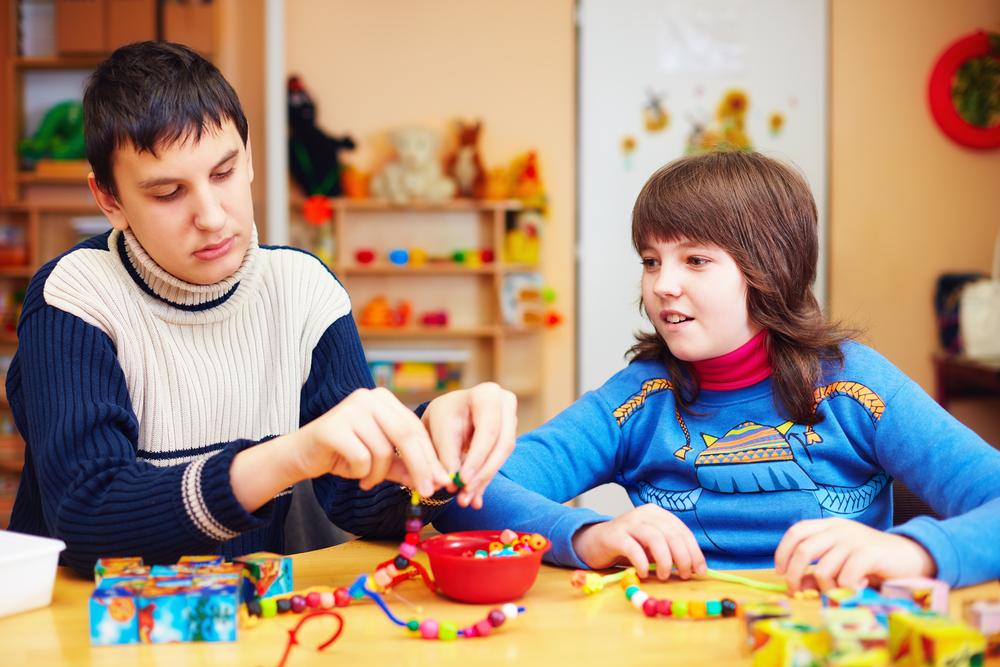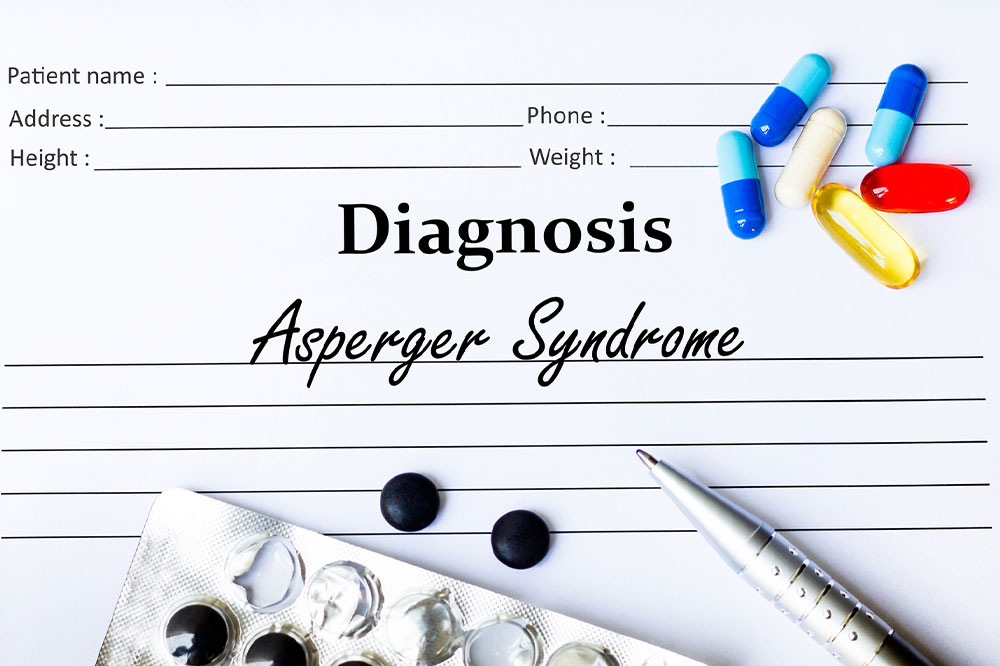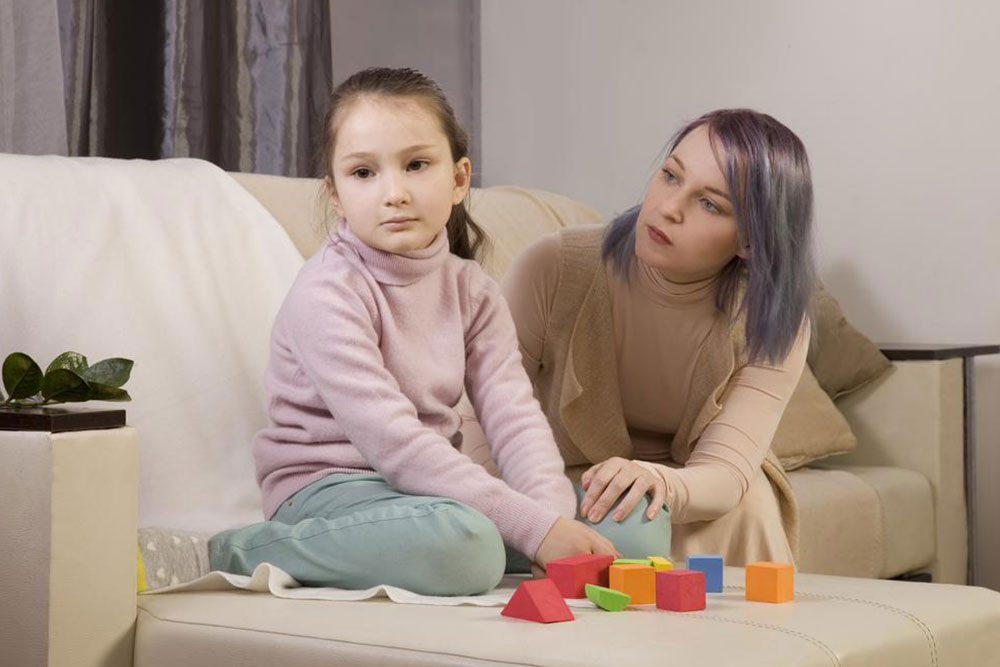Autism- Causes, Symptoms, and Treatments
Autism is a complex disability that triggers during the early development of the child. This is predominant among the younger generation and is recognized as a neurological disorder that interferes with the normal functioning of the brain.
Autism leads to retarded mental development, causing poor interaction and communication skills in the affected children. It is also believed that the disorder has a close resemblance to the attention deficit hyperactivity disorder abbreviated as ADHD.

An autistic child is a special child with a repetitive and restricted pattern of behavioral activities. It is estimated that 1 of 10 children born every year is affected by autism. The signs are evident by 3 years of age which could be detected as fast as 18 months in some exceptional cases. The toddler may eventually become withdrawn, indifferent to surrounding overtures. As compared to the social and cognitive skills, the motor skills may respond in a normal fashion in an autistic child.
What are the causes of autism?
- Autism is caused due to a mutation in the genes that code for SynGAP1 protein. This mutated protein affects the synapse of the nerve that impairs the intellectual and behavioral features of the newborn child. This protein subsides cognition and intellectual ability of the developing child.
- The incidence of flu or fever during the pregnancy period is another significant driving cause related to the disorder. This can be dependent on different circumstances which are as follows:
- If the mother is suffering from influenza during pregnancy, then the chances of having autism are doubled.
- If a pregnant mother is weak due to intermittent fever lasting for three weeks, then the risk of having the disorder is increased up to three-fold.
- During pregnancy, if the mother is recommended to use heavy antibiotic doses, then this may result in the disorder.
- The disorder may be caused due to some idiopathic abnormality when the child is in the age group of 3 to 10 years. This is due to a chemical alteration that develops gradually due to exposure to environmental chemicals, pesticides, and heavy metals like chromium and mercury.
- If the age of the parents is exceeded, then there is a probability of having an autistic child.
What are the symptoms of autism?
Autism has several social, communication, and cognitive drawbacks that have the following signs and symptoms:
- They have poor non-verbal communication abilities like gestures or eye contact.
- They are less expressive and are unaware of their surrounding activities.
- The speaking and communication ability is delayed in the young children.
- There can be echolalia which is reciprocal repeating of phrases and words.
- The repertoire of interest is restricted, making them prone to compulsive behavior.
- They have gross motor skills as their neurological system gets affected.
- They are unresponsive to treatments and seizures may develop in autistic children.
How can autism be treated?
- There are several treatment methodologies that are chosen to treat autistic children in different age groups.
- The first aspect is to treat the communication and the behavioral aspects of the child where various learning process like picture exchange, floortime treatment, or the DIR is given to make the communication traits of these children more prompt.
- Occupational treatments may be undertaken by experts so that the child gets acquainted with daily chores like bathing, eating, dressing, and so on.
- Medications are used to fight the depressive seizures that are common symptoms accompanied by autism. The main causes can be treated with some medicines like Risperidone.




